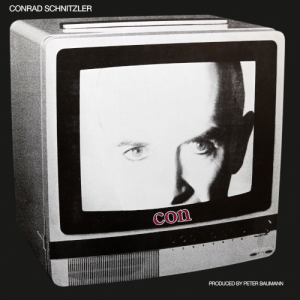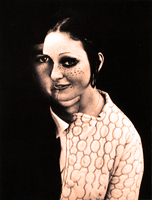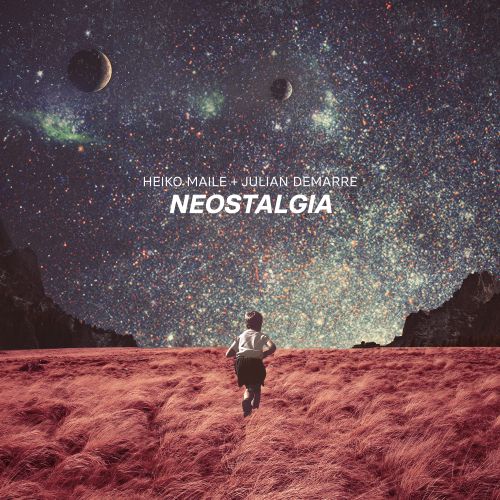 The opener “Electric Garden” on Bureau B‘s re-release of Conrad Schnitzler‘s 1978 album Con sets up a wonky forest of purr-cussive sirens that mercurially glisten, shapes that gently ricochet the headphones in buttery artificiality, form-filled but formless, bending that Karlheinz Stockhausen concrete into something less stoic and more playful.
The opener “Electric Garden” on Bureau B‘s re-release of Conrad Schnitzler‘s 1978 album Con sets up a wonky forest of purr-cussive sirens that mercurially glisten, shapes that gently ricochet the headphones in buttery artificiality, form-filled but formless, bending that Karlheinz Stockhausen concrete into something less stoic and more playful.
Electric horticulture that I’d imagine gelling well with some twirling CGI or with those (much-missed) lava thermals your PC used to give your playlists back in the day. I would love to see what it would do with the puckered ambience of the next track, “Ballet Statique”, its silky Harmonia-like sheen is to die for, pearling your ear with this elasticated equilibrium that’s happy to go nowhere and to simply be.
This marks a lovely reflective half-way point into which “Zug”’s weird metabolic futurism flies out from in stark contrast. This is a super hi-way of gradiented blurs and percussively pushed contours that would definitely fuel the quarterised zeal of Tron’s dauling light-cycles a few years later. Yeah, in lots of ways Schnitzler always seemed to be writing the future, even his alt-pop tangents of the later Con 3 seem like fresh ideas that have continued to be exploited decades later, and the brave minimal fayre of the latter half takes his ideas that little bit further. First up is the eerie malaise of “Metal 1”, looking fondly back to ’73 and the atonal fancies of “Rot” to drill ever forward, its splintering prism mauling you in abrasive transits, as if the bald prophet of the cover was staring right at you, boring into your soft centre with a sharding intensity that falls into the rumbled rub of finality.Then comes the lush noir that is “Black Nails”, kinetically splashing around in your skull, its shoaling abstraction and recoiling echoics gently shadow-playing your imagination. It’s a sign-off to Con that plucks you from the present into some unsettling future, your eye taking in that album cover once again, suddenly detecting a noticeable smirk sneaking from under the monitor’s black boundaries.
-Michael Rodham-Heaps-



